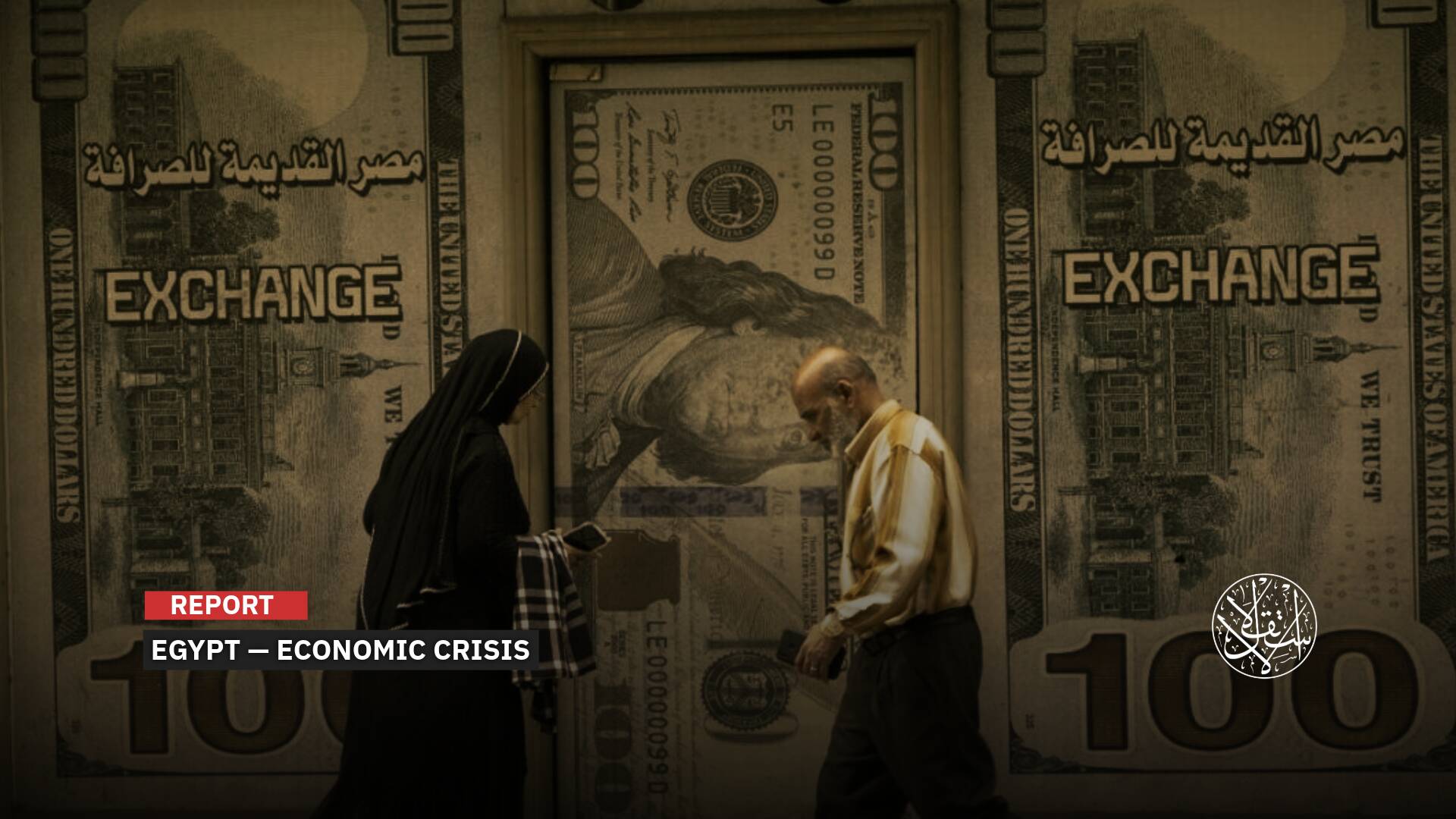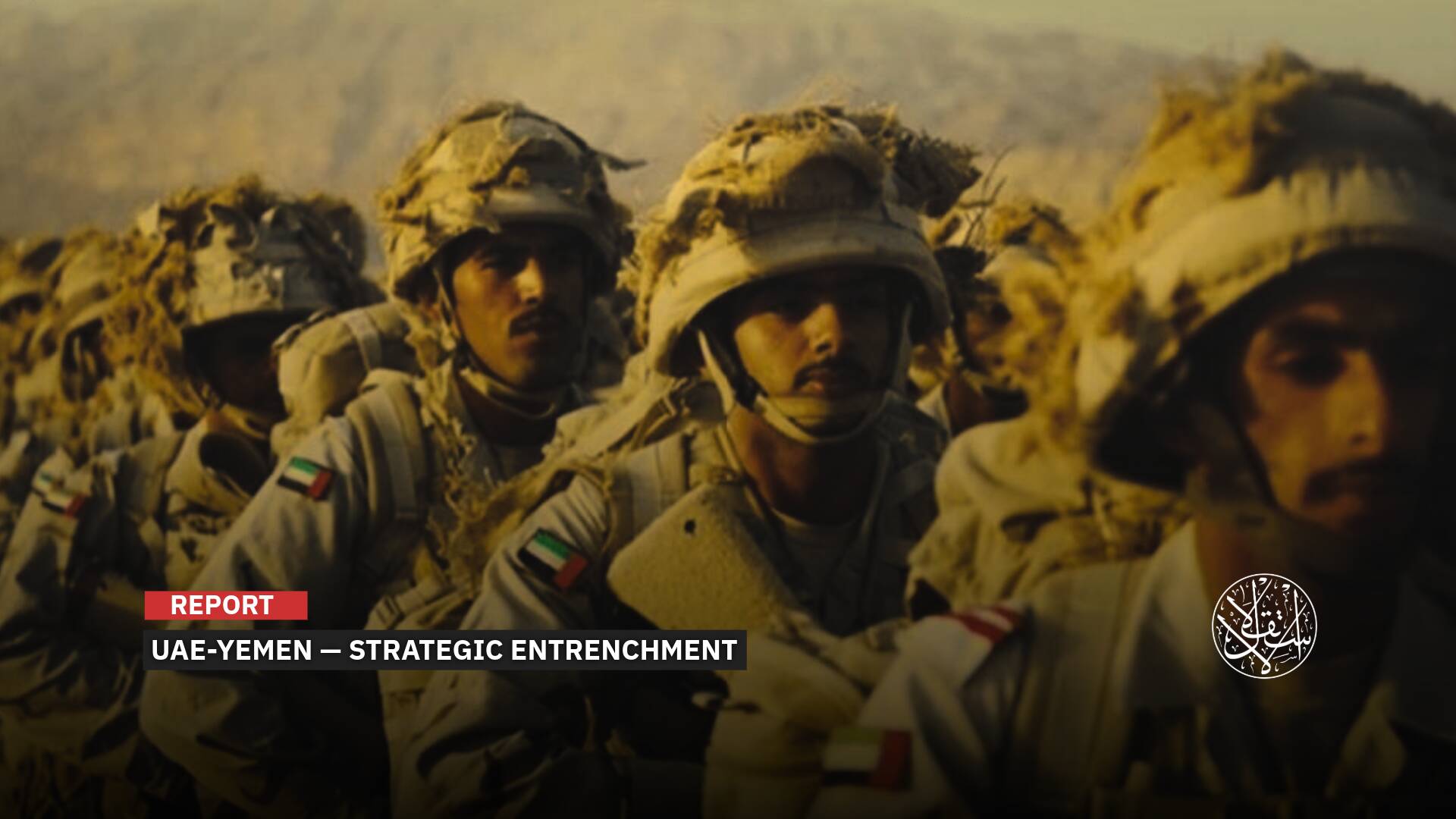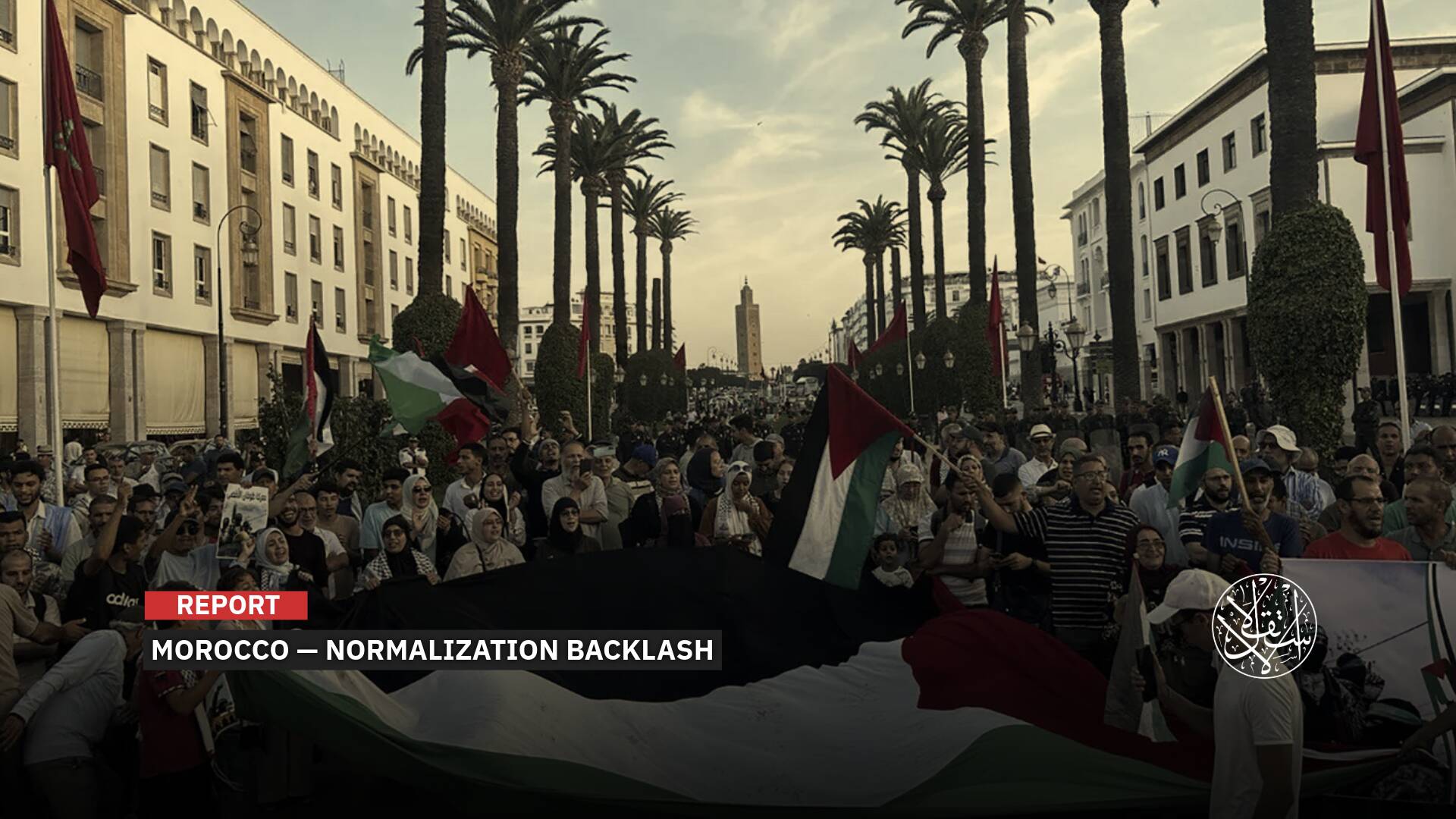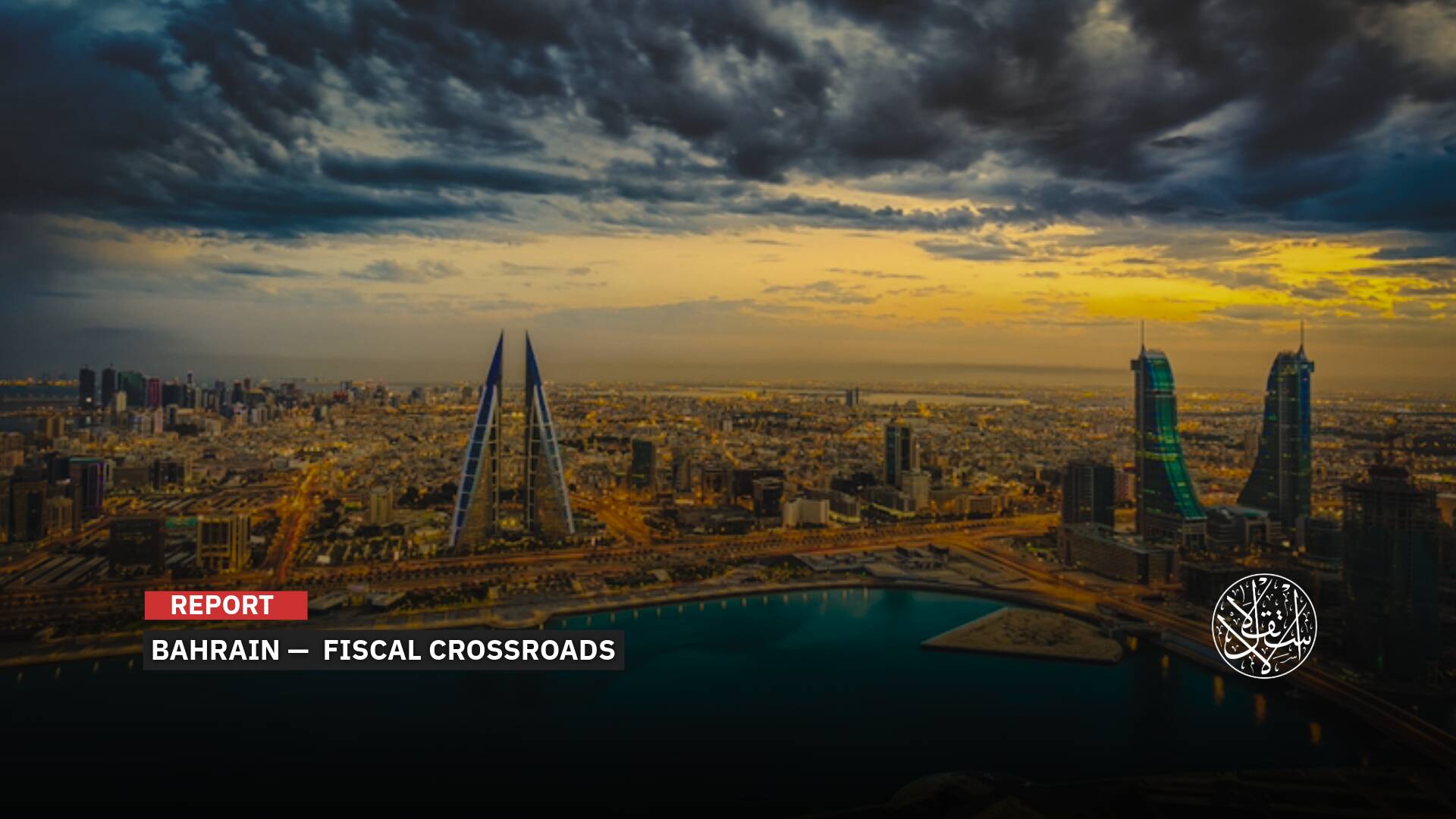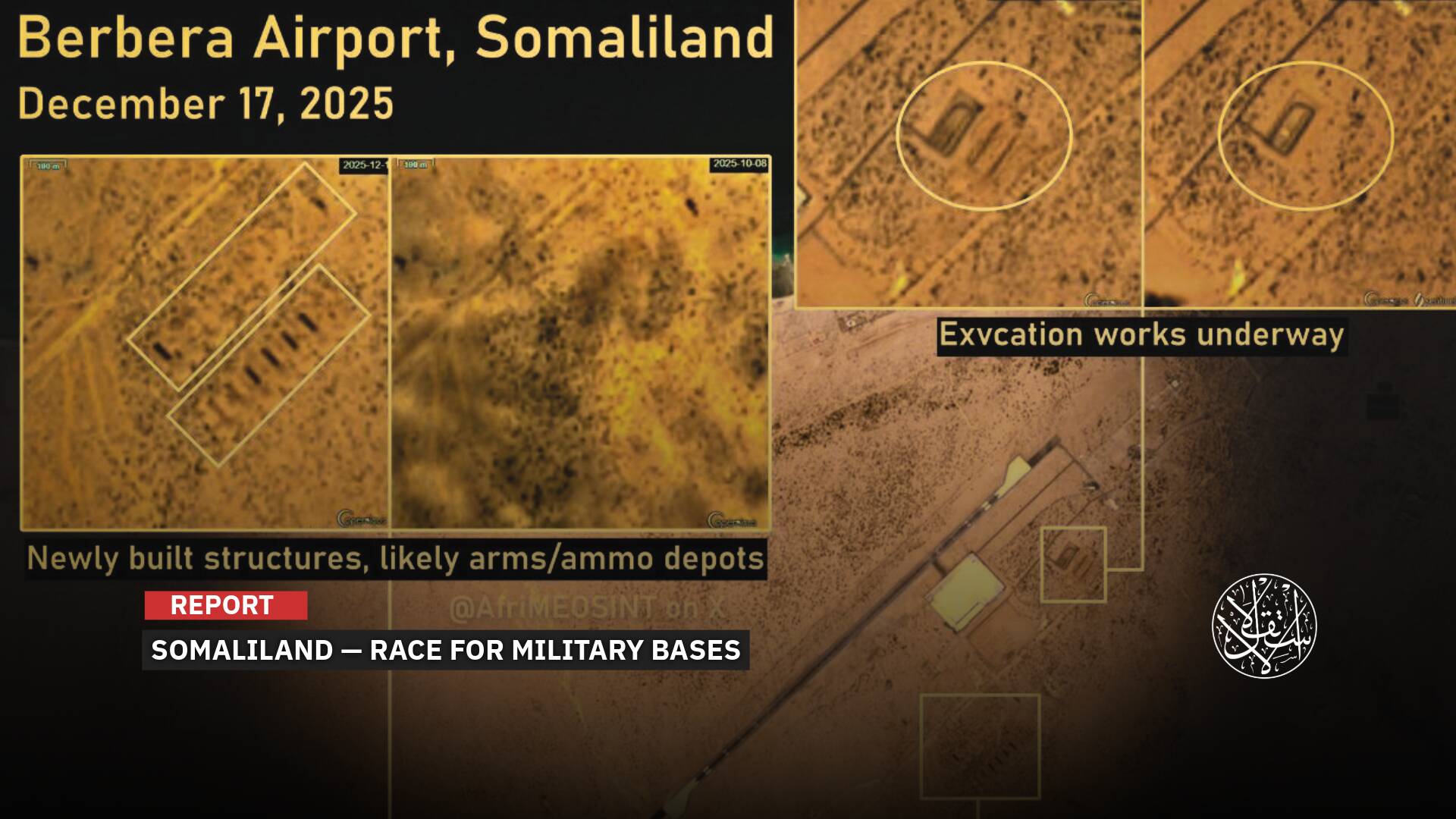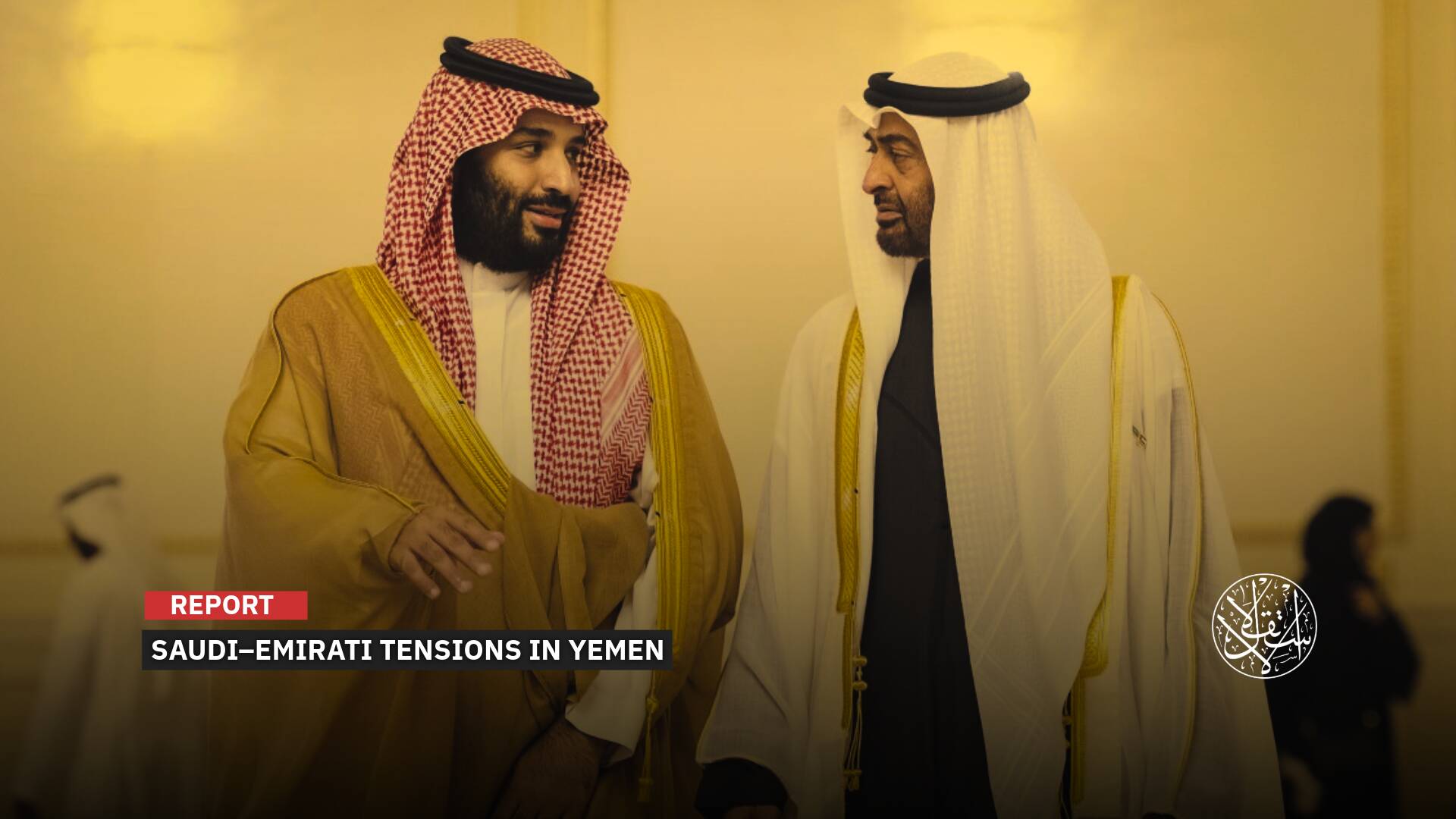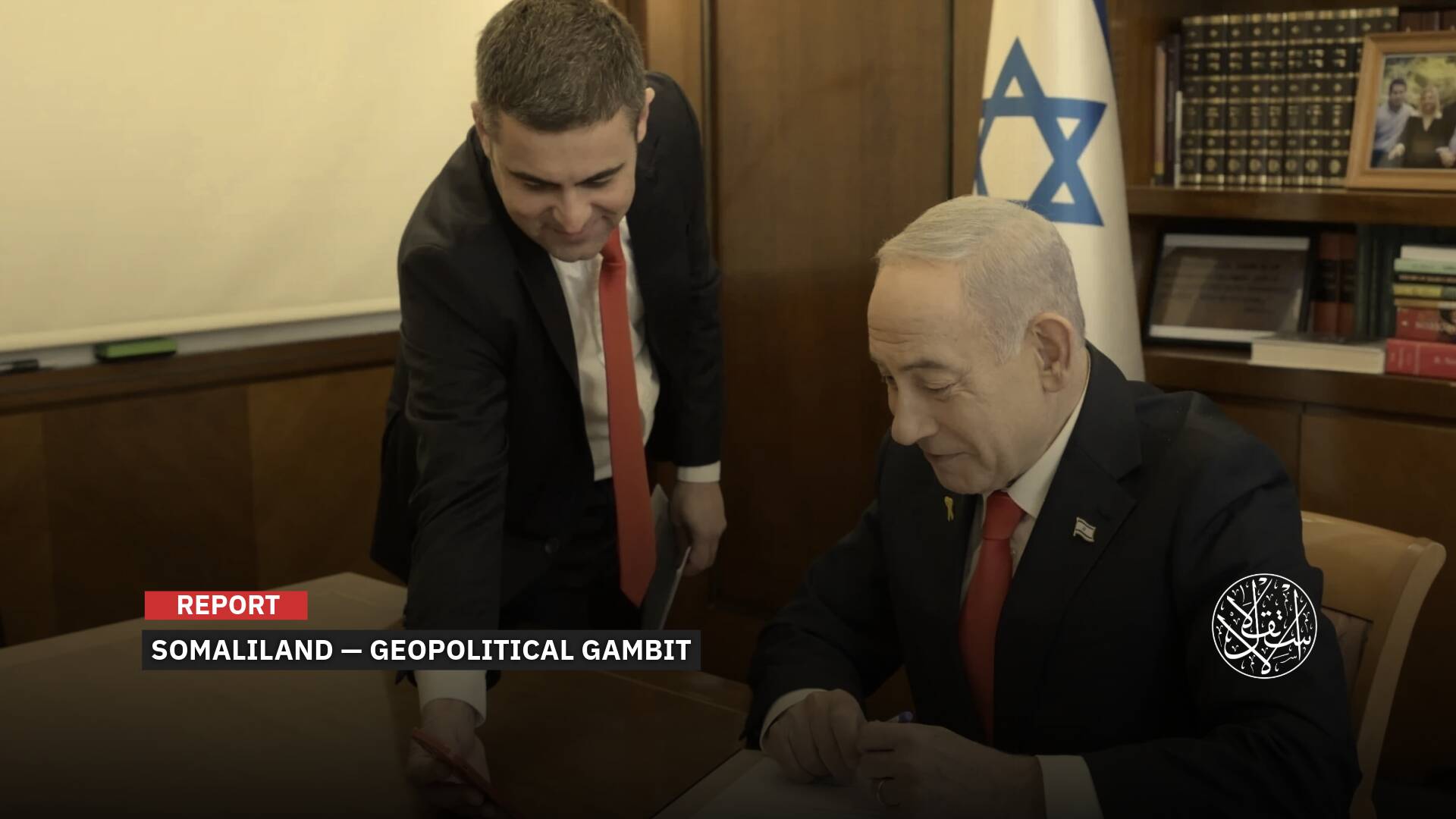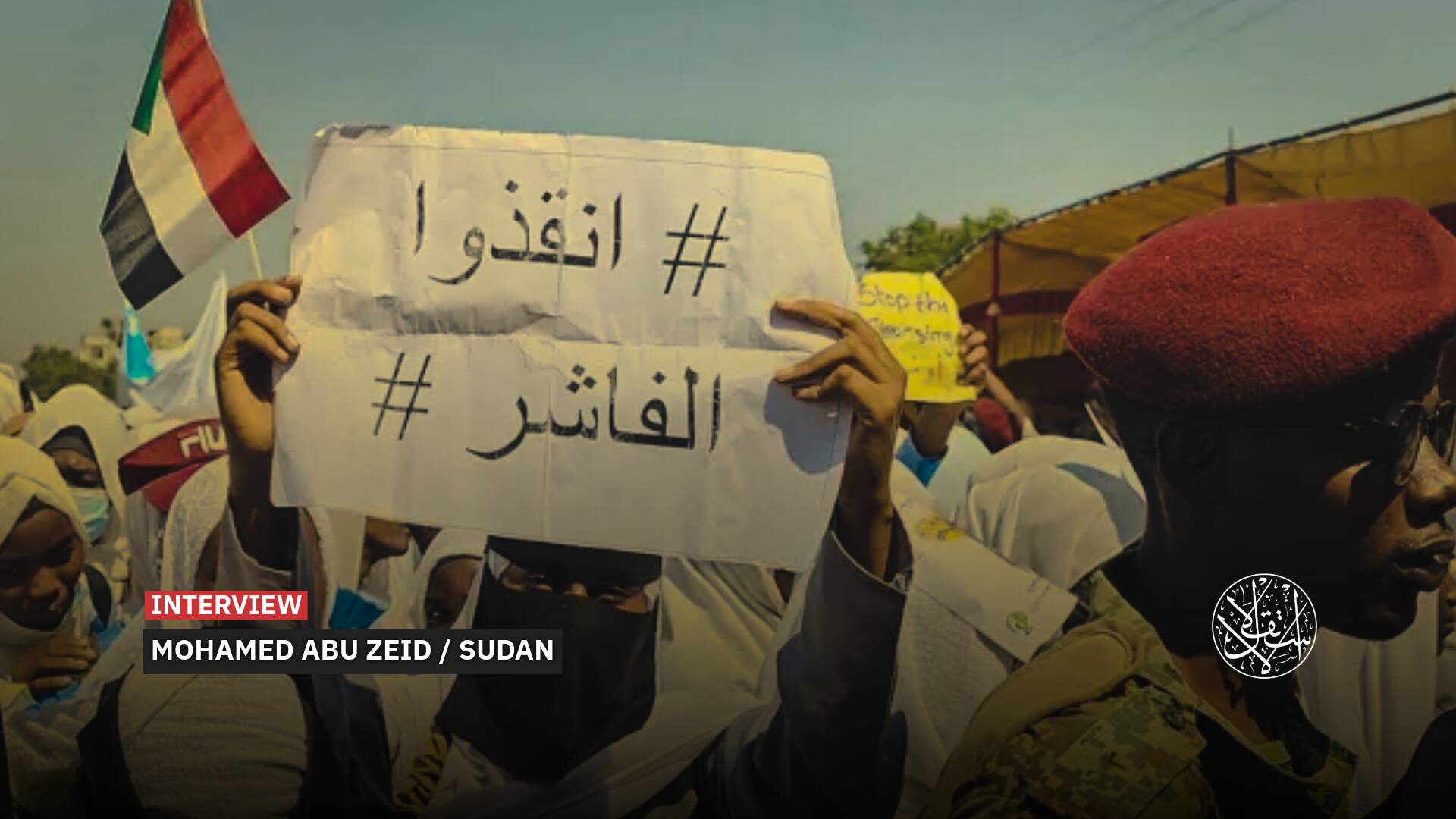Promises and Constraints: Why is Macron Pressuring Arms Companies in France to Accelerate Production?

The French government threatened local defense companies with measures including procurement orders.
Following the Russian invasion of Ukraine in February 2022, France urged its arms companies to adopt the principle of "war economy."
It has become apparent how French defense industries are affected by the orders for ammunition and weapons promised by Paris to its allies, particularly Ukraine and Eastern European countries.
Fast Pace
In this context, on March 26, 2024, Minister of the Armed Forces Sebastien Lecornu emphasized the need to "produce more ammunition and weapons faster" to meet the army's needs and support Ukraine.
He announced, during an unprecedented press conference in Paris at the headquarters of the Army General Staff, that he is seriously considering sending requests to arms manufacturing companies to accelerate production, marking the first time since the start of the war in Ukraine.
The French government has threatened local defense companies with measures, including procurement orders to prioritize demand and expedite the production of missiles and artillery shells. It also pressures defense companies to shorten delivery times for items ranging from MMP anti-tank missiles to 155 mm shells for Caesar howitzers.
Lecornu stated that French defense companies need to produce more and faster to assist Ukraine and secure export contracts, which are essential to maintaining the French defense industry model.
The pressure the minister is trying to exert represents a tangible step following statements made by President Emmanuel Macron in June 2022 to support Kyiv, which included adopting what he called a "war economy."

The Minister of the Armed Forces' words come after Paris lost "some contracts," especially in Eastern Europe, due to worse delivery times than competitors offered.
France aims to swiftly produce 40,000 155 mm shells annually, then ramp up to 100,000 to 150,000 shells per year, according to the French Armed Forces. The current goal is 100,000 shells in 2024, including 80,000 for Ukraine supported by France to face the Russian invasion, and 20,000 for the French army.
These required figures reveal the extent of the shortage in French ammunition compared to the 30,000 shells delivered to Ukraine since the start of the war.
In this context, Lecornu sees black powder as the main bottleneck, as France identifies gunpowder sources, such as through recycling old ammunition.
The French military budget law for 2023 ensures the possibility of prioritizing and ordering requests for public interest and obliging manufacturing companies to maintain a minimum of vital supplies.
'Dark Side'
Experts affirm that the French army can seize any military production in its favor, compensating the affected parties financially. This reflects the "dark side of the war economy," involving reduced exports, increased imports, reduced civilian support, and decreased investment, leading to sharp contraction policies amid current inflation, suggesting France is on the brink of stagflation.
In France, the second-largest economy in Europe, inflation slowed to 2.9% after reaching 3.1% in January 2024, according to the National Institute of Statistics and Economic Studies (INSEE). However, monthly inflation rose by 0.8% between January and February 2024 after a monthly decline of 0.2%, according to the same institute.
Moody's credit rating agency noted on March 27, 2024, that it is unlikely for France to achieve its goal of reducing the overall deficit to 2.7% by 2027. Moody's stated that the additional savings of $10 billion in 2024 are insufficient to get the government back on track with its planned budget.
Moody's also added that the announcement of reducing the deficit to 5.5% of GDP in 2023 makes it unlikely for the government to achieve its goal of reducing the deficit to 2.7% of GDP by 2027, as outlined in its medium-term budget plan presented in September 2023.
The American agency, which set its schedule for updating the French rating on April 26, 2024, clarified that this opinion published is not a true rating.

On the other hand, the National Institute of Statistics and Economic Studies in March 2024 indicated that the deficit, which reached 5.5% of GDP in 2023, exceeded the government's expectations by €15.8 billion and 0.6 percentage points, which complicates the debt reduction goal as announced by the Minister of the Economy, Finance and Recovery of France, Bruno Le Maire.
Meanwhile, the Finance Committee in the French Senate recently announced launching a parliamentary mission regarding the deterioration of the overall deficit and the "lack of parliamentary information" about the situation in a sensitive context related to budgetary decline.
Since the end of 2023, Le Maire has warned that the most prominent risks to the economy currently are "geopolitical" and will have "significant" consequences on global growth and energy prices, especially if the conflict between Hamas and "Israel" escalates.
The tense situation in the Red Sea pressures Paris since the Houthis have attacked ships affiliated with "Israel" since November 2023 in the Red Sea and the Bab al-Mandab Strait "in solidarity with the Palestinians in Gaza."
This disruption hampers maritime trade routes that traverse the vital waterway, including shipments of goods, energy, and others moving from Asia and the Middle East to Europe.
Although France is not part of the international maritime coalition Operation Prosperity Guardian — formed by Washington to "protect" navigation in the strategic region through which 12% of global trade passes — Paris has been forced to launch attacks in this context.
French Navy frigates fired 22 Aster missiles against Houthi drones and ballistic missiles since their deployment in the Red Sea.
War Economy
According to military experts, this pressure is driving France to strengthen its defense industries following the Ukraine war, the Israeli war on Gaza, and the involvement of the Houthis.
In response, France plans to double its order for long-range Aster missiles to 400, with a total value of approximately €2 billion or $2.2 billion.
MBDA, a company specialized in designing and producing missiles and missile systems, had planned to deliver the first missiles in 2026, but the Ministry of Armed Forces now requests starting delivery operations in the second half of 2024.
In the wake of the Ukraine war highlighting France's inventory shortage, President Macron opened the door to a new increase in military spending.
Macron announced a "reassessment" of the military budget planning law, which plans military spending until 2025, on June 13, 2022. Macron added that this "reassessment" should lead France to "war economy."
After years of declining French military spending, the armed forces budget began increasing in 2017.
Now valued at €40.9 billion annually, it is expected to reach €50 billion by 2025.
However, programs allocated to this spending undergo an annual review in line with changing strategic priorities, and Parliament must approve budget increases every year.
Thus, according to Le Monde newspaper, the current question has two aspects: whether the initially planned budget increase for 2023 (amounting to €3 billion) will be maintained or increased, and whether part of it will be used for arms stockpiles or if this spending will be postponed to 2025.

It is noteworthy that France and Ukraine signed a defense agreement on February 16, 2024, to provide Kyiv with military assistance worth "up to €3 billion" in 2024.
However, the financing of this support remains somewhat unclear, especially considering that the French government separately announced measures to reduce spending by €10 billion for 2024.
Many legislators in the ruling coalition regularly face scrutiny from their constituents, who question why the government is granting "€3 billion to Ukraine" at a time when budgetary constraints are tightening amidst discussions about the possibility of increasing taxes on the French populace.
The French country is under pressure to produce more weapons after its decline since the end of the Cold War in 1991.
Therefore, Paris is betting on pushing its arms industry to produce more and faster to supply the French armed forces and continue support for Ukraine against the Russian invasion, which is now entering its third year.
However, accelerating weapon production is not practically straightforward, especially given France's commitments to its allies' needs or to fulfill arms purchase contracts with other countries.
A French arms manufacturing expert, interviewed by France 24, said, "It is difficult for us to find qualified employees, and training takes six months to a year, so we have to think about the future to meet the demand for weapon production."


